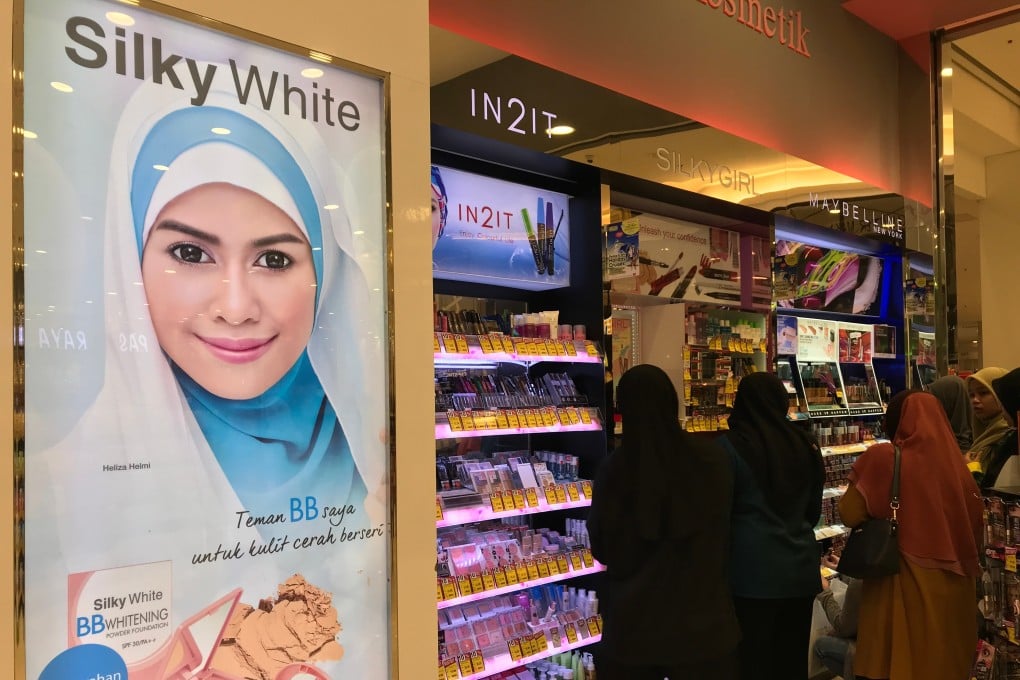Islam-friendly coconuts: has Malaysia’s halal drive gone too far?
- Hoping to become a global halal hub, Malaysia has expanded the definition to cover transport, cosmetics, pharmaceuticals, health care and even banking
- However, the growing demand for halal products brings its own challenges

Coconuts do nut automatically spring to mind when it comes to food fit for consumption by Muslims.
Islam’s halal rules for the most part concern pork and alcohol, which are forbidden, and state that animals used as food must be slaughtered according to specific methods.
According to executive director Joe Ling, halal certification was not a requirement but being declared halal has improved business: in 2016, the company recorded revenue of 200 million ringgit (US$48 million), four times as much as in 2009.
It has opened doors to new markets such as Egypt, Turkey, Uzbekistan and Kuwait, and helped establish the company’s reputation for exacting hygiene standards.
Linaco exports hundreds of coconut products – including coconut water, coconut cream and desiccated coconut – to more than 40 countries.